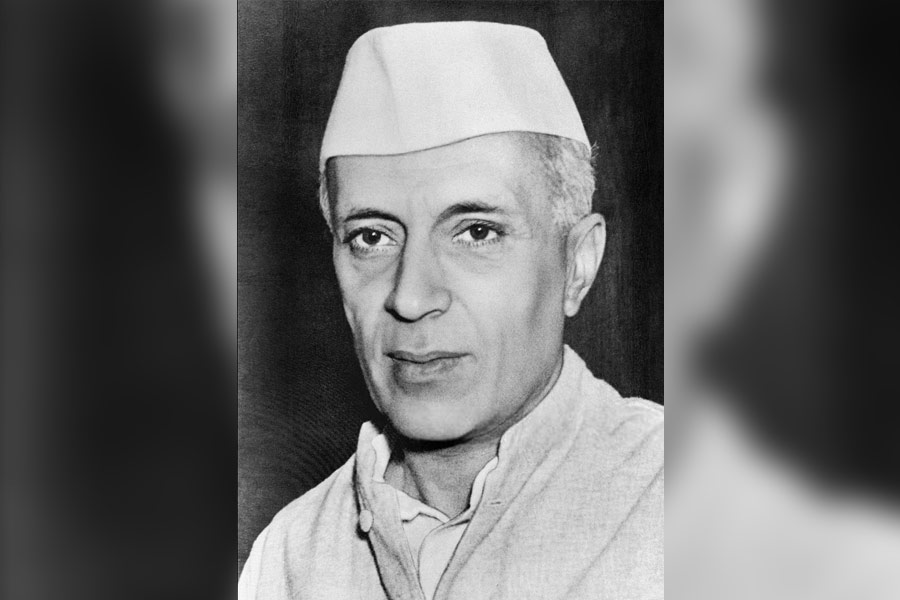 |
| A black buck |
Hyderabad, Aug. 24: A Hyderabad science institute that helped nail Salman Khan in the chinkara and black buck poaching cases has struck another blow for the endangered species, raising hopes of replenishing their populations.
The Centre for Cellular and Molecular Biology (CCMB) yesterday announced the birth of a black buck fawn through an artificial insemination technique that is believed to be preferred by wildlife experts.
“This is the first successful artificial insemination of a black buck in the world by non-surgical intra-vaginal insemination,” said Dr Lalji Singh, the director of CCMB’s Laboratory for Conservation of Endangered Species (LaCONES), which carried out the process.
He added that the birth of Blacky had raised hopes for the conservation of many other endangered species, such as the tiger, lion and cheetah.
The breakthrough came a day before a Jodhpur court rejected Salman’s appeal against his five-year sentence for shooting a chinkara in Rajasthan in 1998 during the shooting of Hum Saath Saath Hain.
He has been convicted of killing a black buck, too, during the shooting of the same film. His appeal against the one-year sentence is pending with Rajasthan High Court.
DNA analyses by the CCMB on blood samples from the slain animals had been placed as evidence in both trials.
The black buck, an antelope, is a distinct species from the chinkara, a gazelle. The 1990 census had counted 38,000 black bucks in India but wildlife experts fear that poaching has sharply reduced their numbers since then.
Blacky, weighing 2.6kg, was born at the Nehru Zoological Park under the care of the laboratory’s scientists.
“We collected 85 ejaculations from five males and inserted them in three female black bucks of which one yielded pregnancy,” Singh said.
Cattle and other livestock have been artificially inseminated for decades, and the Hyderabad scientists have now extended it to the black buck, a species of the wild.











